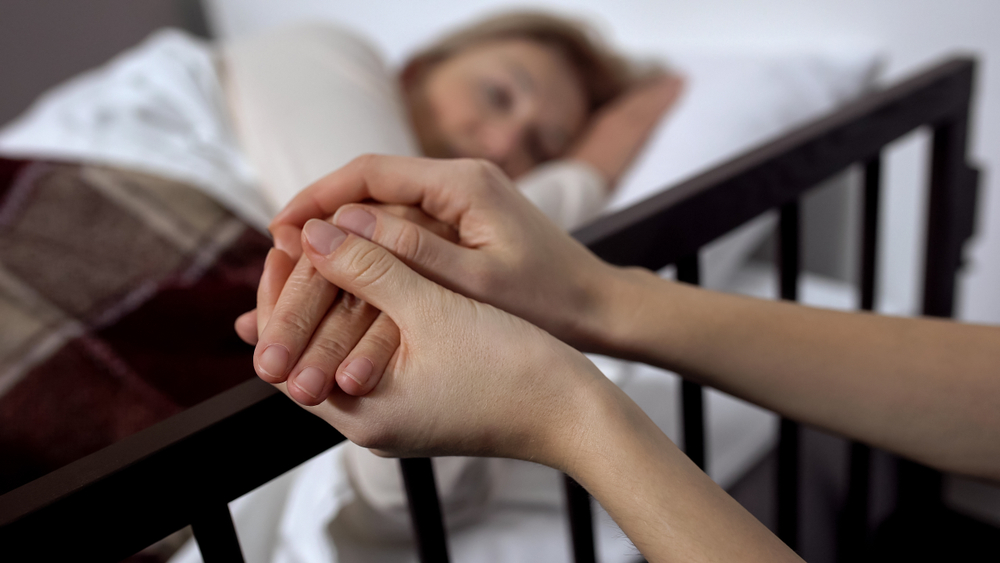Within the span of 24 hours this weekend, two Colombians became the first people without a terminal illness to be euthanized in the country.
Víctor Escobar was euthanized Jan. 7.
According to a BBC report, “Escobar suffered from obstructive pulmonary disease (COPD) and hypertension, and had suffered two strokes in 2008. He had mobility problems and needed oxygen in his daily life. He also had spinal surgery three times after a car accident in his youth.”
Martha Liria Sepúlveda Campo, who had amyotrophic lateral sclerosis, died by euthanasia Jan. 8.
Colombia’s constitutional court ruled in July that non-terminally ill persons may be euthanized, provided they are undergoing intense suffering due to a serious and incurable illness or bodily injury.
Sepúlveda’s case garnered significant attention in the media. ALS had rendered Sepúlveda unable to move her legs, though it is not a terminal condition.
A judge ordered Oct. 27 that her euthanasia procedures be resumed, after they had been suspended earlier that month by an oversight body.
Judge Omar Vásquez Cuartas ruled that the Colombian Pain Institute (IPS Incodol) violated Sepúlveda’s “fundamental rights to die with dignity, to a decent life, to the free development of the personality and human dignity.”
Sepúlveda was originally to have been euthanized Oct. 10, but IPS Incodol reported Oct. 9 that the Interdisciplinary Scientific Committee for the Right to Die with Dignity "unanimously concluded to cancel the procedure."
Incodol explained that at an Oct. 8 meeting Sepúlveda’s request “was reviewed and analyzed again in a comprehensive and sufficient manner" and the decision was reached "to cancel the procedure."
Bishop Francisco Ceballos of Riohacha, who is also the president of the Commission for the Promotion and Defense of the Life of the Colombian Bishop’s Conference, posted on Oct. 6 a video message addressed to the woman, asking her to desist from her decision.
“As a pastor of the Catholic Church, with much respect and much affection, I want to show my sister Martha that she is not alone, that the God of life is always with us. That her affliction can find a transcendent meaning if it becomes a call to the Love that heals, to the Love that renews, to the Love that forgives,” the bishop said.
“Martha, I invite you to calmly reflect on your decision,” he encouraged, “hopefully, if circumstances allow it, away from harassment by the media that have not hesitated to take your pain and that of your family and use it as a kind of propaganda for euthanasia, in a country deeply marked by violence.”
In his message, the Bishop of Riohacha explained that "in accordance with our deepest Christian convictions, death cannot be the therapeutic answer to pain and suffering in any case."
"Death caused by assisted suicide or euthanasia is not compatible with our interpretation of the dignity of human life, whereas the use of palliative care is," he stressed.

